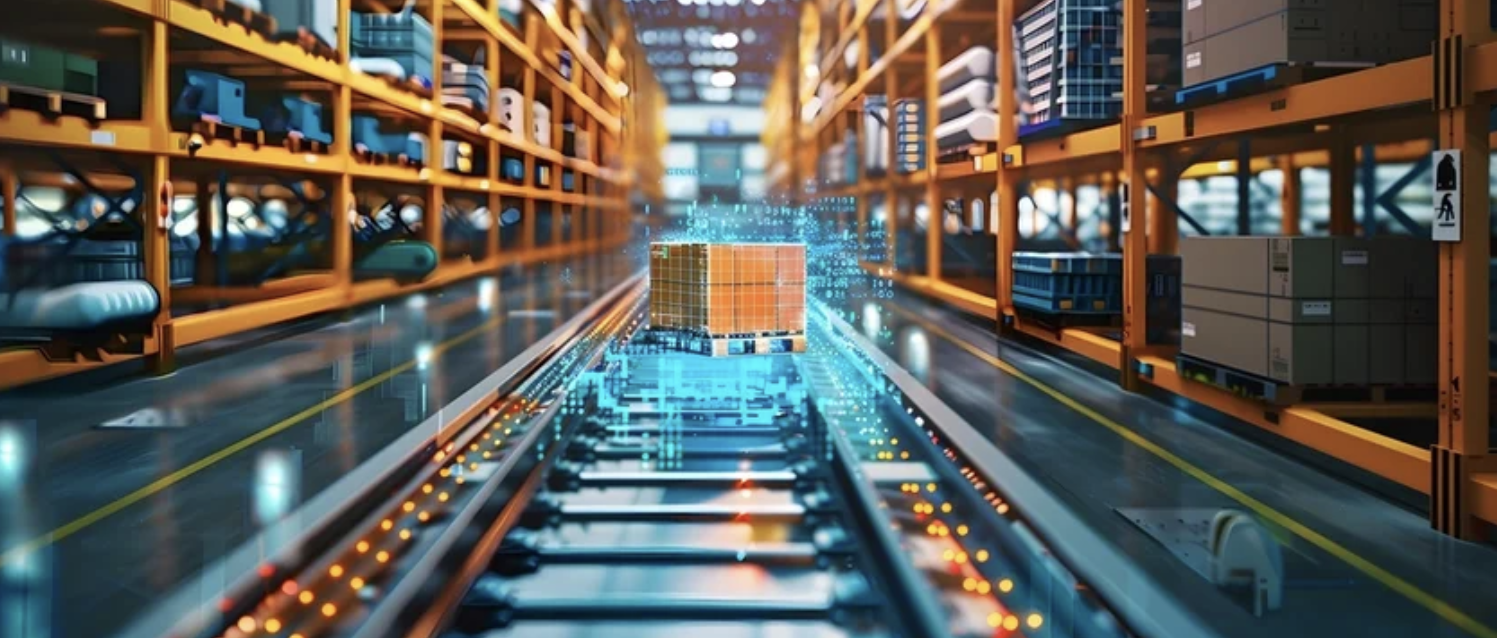In the evolving landscape of supply chain management, technological advancements are setting the stage for a more efficient, transparent, and sustainable future. As businesses strive to meet the demands of a globalized economy, the integration of cutting-edge technologies into supply chain operations is not just a trend—it’s becoming a necessity. This article explores the latest technological innovations in supply chain management and how they are transforming the industry.
The Transformative Power of Artificial Intelligence and Machine Learning
Artificial Intelligence (AI) and Machine Learning (ML) have revolutionized how supply chains operate, offering unprecedented levels of efficiency and precision. AI algorithms can process vast amounts of data in real time, enabling supply chain managers to make informed decisions quickly. For instance, AI-driven predictive analytics can forecast demand with remarkable accuracy, reducing the likelihood of stockouts or overproduction. Machine Learning models, which learn from historical data, can optimize inventory levels, predict maintenance needs, and even suggest the best shipping routes, minimizing delays and cutting costs. As AI and ML technologies continue to advance, their role in supply chain management is expected to expand, offering even more sophisticated tools for managing complex global networks.
Blockchain: Ensuring Transparency and Security in the Supply Chain
Blockchain technology is emerging as a game-changer in supply chain management, particularly in enhancing transparency and security. Blockchain’s decentralized and immutable ledger system allows for real-time tracking of products as they move through the supply chain. This technology ensures that all participants in the supply chain have access to the same data, reducing the chances of fraud and errors. For industries like pharmaceuticals and food, where traceability is crucial, blockchain offers a reliable way to verify the authenticity and origin of products. Moreover, smart contracts—self-executing contracts with the terms of the agreement directly written into code—can automate and streamline processes such as payments and compliance checks, further reducing the need for intermediaries and speeding up transactions.
The Internet of Things (IoT) and Its Impact on Real-Time Monitoring
The Internet of Things (IoT) is another technology that is making significant strides in supply chain management. IoT devices, such as sensors and GPS trackers, provide real-time data on the location, condition, and movement of goods. This level of visibility is particularly important for perishable items, where temperature and humidity levels must be closely monitored. For example, IoT-enabled temperature sensors can ensure that vaccines are kept at the correct temperature throughout the supply chain, preventing spoilage and ensuring that they are effective when they reach their destination. Furthermore, IoT technology enables predictive maintenance of logistics equipment, reducing downtime and preventing costly breakdowns.
Autonomous Vehicles and Drones: The Future of Logistics
Autonomous vehicles and drones are poised to revolutionize logistics by reducing the need for human intervention in transportation and delivery processes. Self-driving trucks are already being tested for long-haul deliveries, promising to reduce labor costs and improve safety by eliminating driver fatigue. Drones, on the other hand, are being used for last-mile deliveries in urban areas, where traffic congestion can cause delays. These technologies are not only more efficient but also environmentally friendly, as they can optimize routes to reduce fuel consumption and emissions. As regulatory frameworks catch up with technological advancements, we can expect to see more widespread adoption of autonomous vehicles and drones in supply chain management.
Robotics and Automation: Redefining Warehouse Operations
Robotics and automation have long been a part of supply chain management, but recent advancements have made these technologies more versatile and accessible. Modern robots are capable of handling a wide range of tasks, from picking and packing to sorting and transporting goods within warehouses. Automation systems can streamline operations by reducing human error and increasing productivity. For instance, automated guided vehicles (AGVs) can move goods around a warehouse without the need for human intervention, while robotic arms can assemble products with precision and speed. As the cost of robotics continues to decrease, more companies are likely to invest in automation to enhance their supply chain capabilities.
Big Data Analytics: Unlocking Insights for Better Decision-Making
Big Data analytics is playing an increasingly important role in supply chain management by providing companies with valuable insights that can drive better decision-making. By analyzing data from various sources, such as sales records, customer feedback, and market trends, companies can gain a deeper understanding of their supply chains and identify areas for improvement. For example, data analytics can reveal patterns in customer demand, allowing companies to adjust their production schedules and inventory levels accordingly. Additionally, advanced analytics can help companies predict and mitigate risks, such as supply chain disruptions caused by natural disasters or political instability. As more companies adopt data-driven strategies, the use of Big Data in supply chain management is expected to grow.
Sustainable Technologies: Building Greener Supply Chains
Sustainability is becoming a top priority for many companies, and technological innovations are playing a key role in building greener supply chains. Electric vehicles, renewable energy sources, and eco-friendly packaging are just a few examples of how technology is being used to reduce the environmental impact of supply chain operations. Companies are also using data analytics to optimize their supply chains for sustainability, such as by minimizing waste, reducing energy consumption, and sourcing materials from sustainable suppliers. As consumers and regulators continue to demand more sustainable practices, the adoption of green technologies in supply chain management is likely to increase.
In Conclusion
The future of supply chain management is being shaped by a range of technological innovations that promise to make supply chains more efficient, transparent, and sustainable. From AI and blockchain to IoT and autonomous vehicles, these technologies are not just trends but essential tools for companies looking to stay competitive in a rapidly changing global market. As these technologies continue to evolve, they will play an even more significant role in driving the next wave of transformation in supply chain management. Embracing these innovations will be crucial for companies aiming to build resilient and future-proof supply chains.










